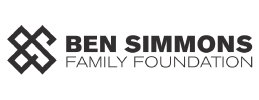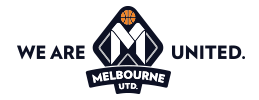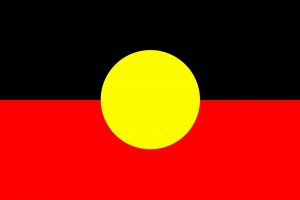Each July, teams from across Australia lace-up their sneakers and put their skills on display at the South Sudanese Australian National Classic. This year’s event saw Melbourne once again play host for the second straight year, with Werribee’s brand new Eagle Stadium the choice of venue for the first time. 2016 saw a record 53 teams and over 600 players compete across five divisions, making the 2016 National Classic by far the biggest in the event’s history.
The three-day tournament kicked off on July 8, and saw eight courts in use all day Friday and Saturday. As well as the usual amount of ankle-breaking plays, buzzer beaters and slam dunks, games featured tremendous athleticism, determination, teamwork and sportsmanship, and represented the talent on offer from the South Sudanese-Australian community.
After over 130 qualifying games across two days, semi finals were determined and played on Sunday morning with teams advancing to the afternoon grand finals. Around 2,000 spectators packed Eagle Stadium’s show court for the five finals, making the atmosphere electric during the tournament’s culmination.
 The championship trophies eventually went to Melbourne’s Redskins (Open Women), Melbourne’s City Kings (Under 16 Boys), Melbourne’s Red Roo (Under-18 Boys), Adelaide Warriors (Under 20 Men) and Toowoomba’s Red Devils, who took out the Open Men’s championship.
The championship trophies eventually went to Melbourne’s Redskins (Open Women), Melbourne’s City Kings (Under 16 Boys), Melbourne’s Red Roo (Under-18 Boys), Adelaide Warriors (Under 20 Men) and Toowoomba’s Red Devils, who took out the Open Men’s championship.
An event like the South Sudanese Australian National Classic is significant, not only as a sporting event, but as an opportunity for the emerging African-Australian community to come together and celebrate. Cultural identity is increasingly important for young people from a South Sudanese background, as many are now born and/or raised in Australia, but still feel a strong connection to Africa. The singing of the Australian and South Sudanese national anthems back-to-back signifies the feeling amongst the community that we are Australian, but proudly South Sudanese.
Helping Hoops is proud to work alongside the South Sudanese Australian National Basketball Association and provide volunteers, scorers, and logistical and event management help in the lead-up and throughout the tournament. We would like to acknowledge and thank the 50-plus volunteers who contributed their time and energy and helped make the event the huge success it was.
We now look forward to December, where the South Sudanese Australian Summer Slam is set to take over Eagle Stadium again.









